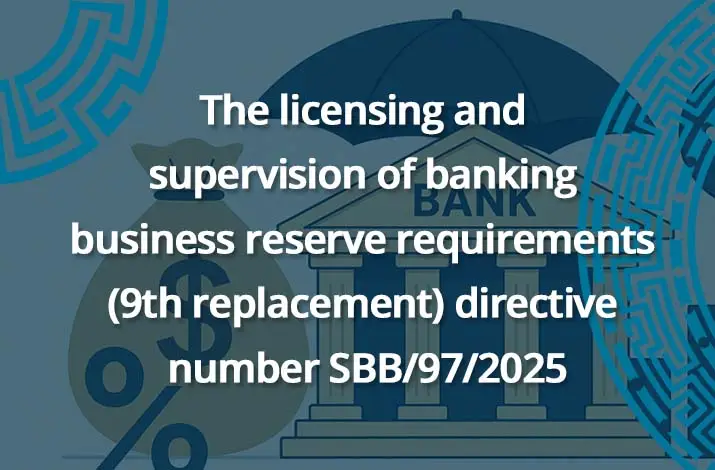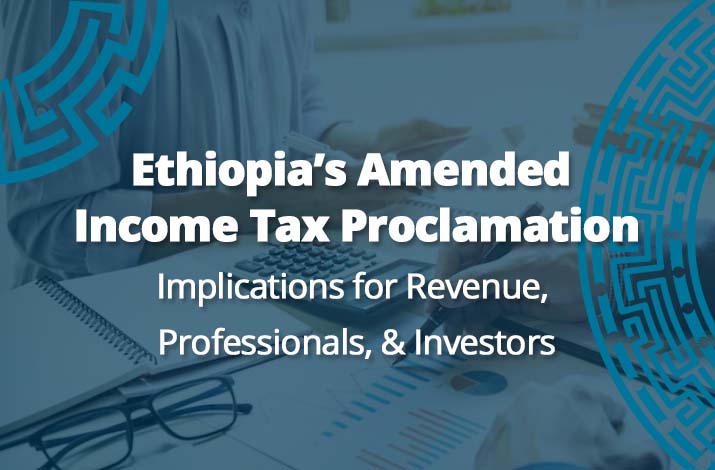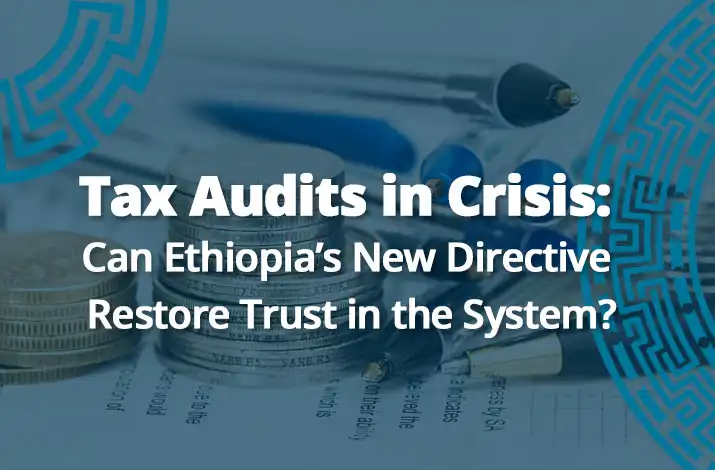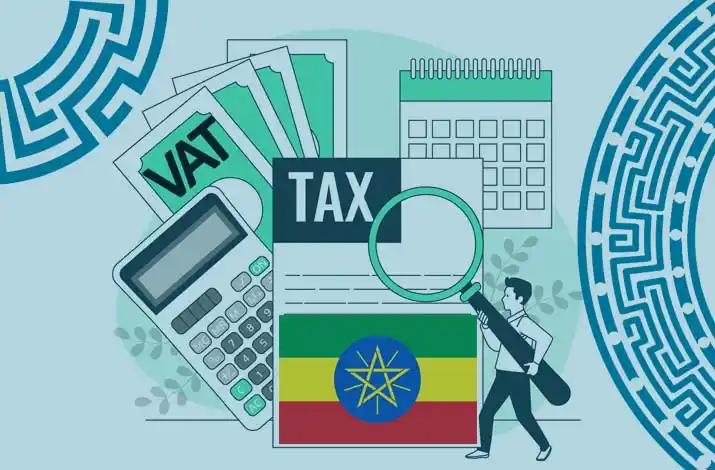Clock Rewind: Ethiopian Tax Amended Assessment Time Limit Controversy Heats Up
Ethiopian tax policy emphasizes voluntary compliance through self-assessment. This means taxpayers are periodically obligated to calculate and pay their own tax liability according to relevant tax laws.
If a taxpayer misses the deadline for filing any tax notices, or in case of jeopardy assessment or amended assessments, the tax authority can estimate or amend the owed amount based on reliable & verifiable available information. This sparks disputes, where the crux lies in the time limit for the tax authority to issue these estimated or amended assessments.
In this regard, the concept of a “period of limitation” refers to the timeframe within which the tax authority can issue an estimated or amended assessment of a taxpayer’s owed amount. This is crucial because it prevents the authority from estimating or reassessing taxes indefinitely and protects taxpayers from challenges based on potentially outdated information.
Ethiopia’s federal tax administration proclamation establishes a standard time limit for estimated and amended tax assessments. This applies to all taxes unless specific tax laws provide otherwise. In the case of estimated assessment the tax authority has the legal right to estimate the amount of taxes taxpayers owe if they fail to file a tax declaration at any time. The estimated assessment can include income tax, loss under a specific schedule of the tax code, or Value Added Tax.
Thus there is no time limit applicable to making an estimated assessment. This is because the power to make an estimated assessment arises only when a taxpayer has failed to file a tax declaration. However, this raises concerns since taxpayers are legally obligated to keep documents for a limited period of time (10 years for category A and 3 years for category B).
This disparity creates an unfair situation. Taxpayers can be challenged with estimated tax assessments even when they lack the necessary documents to refute them, as those documents may no longer be required by law. To ensure a fair process, the authority’s right to estimate taxes should be interpreted in conjunction with document retention periods. This would provide a more balanced approach, allowing taxpayers a reasonable timeframe to access and present evidence in their defense.
On the other hand, as per the federal tax administration proclamation, the tax authority has the power to amend a tax assessment by making such alterations, reductions, or additions to the original assessment. The original assessment may be a self-assessment, estimated assessment, jeopardy assessment, penalty assessment, or any other assessment made under a tax law.
The Authority may amend a tax assessment at any time in the case of fraud, or gross or willful neglect, by or behalf of the taxpayer. The terms “fraud”, “gross neglect” and “willful neglect” are intended to have their general law meanings.
The time limit for amending assessments in all other cases is five years. In the case of a self-assessment, the five year period begins to run from the date the taxpayer filed the self- assessment declaration. In the case of any other assessment (mainly an estimated or jeopardy assessment), the five-year period begins to run from the date that the Authority serves the taxpayer with notice of the assessment.
Three key Issues which are raised in most of the Tax Disputes Regarding Amended Assessments:
- Burden of Proof for Fraud: Taxpayers often argue that the tax authority should be required to obtain a court judgment confirming fraud or willful negligence before issuing an amended assessment at any time. This ensures due process and protects taxpayers from unfounded accusations. However, there is no clear provision in the tax laws for this controversy.
- Uncertain Definitions: The lack of clear definitions for “gross negligence” and “fraud” within the tax laws creates ambiguity. This ambiguity makes it difficult for taxpayers to understand what constitutes actionable offenses and can lead to disputes.
- Time Limits and Document Retention: The ability of the tax authority to issue amended assessments at any time, even after the taxpayer’s legal obligation to retain documents has expired, raises concerns. Ideally, the time frame for amended assessments should be interpreted in conjunction with document retention periods, similar to the approach suggested for estimated tax assessments.
Also, the authority has the power to amend the amended assessment again. There is a separate process for amending an amended assessment. If the original assessment is a self-assessment or any other assessment made by the authority, can be further amended within the later of: (i) five years from the date the original self-assessment declaration was filed or at date of the original assessment notice served to taxpayer; or (ii) one year after the Authority served notice on the taxpayer of the amended assessment.
The current tax provisions related to periods of limitations are ambiguous, leading to unnecessary disputes between taxpayers and the tax authority. Lack of clarity undermines the principles of certainty and legality in taxation. To improve the system, these provisions should be amended to promote clear and consistent tax assessments.










